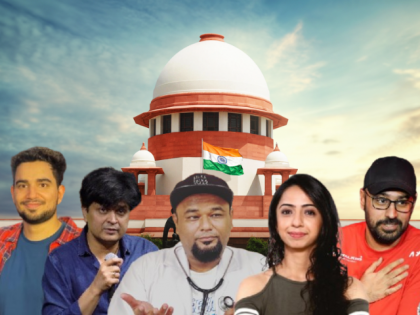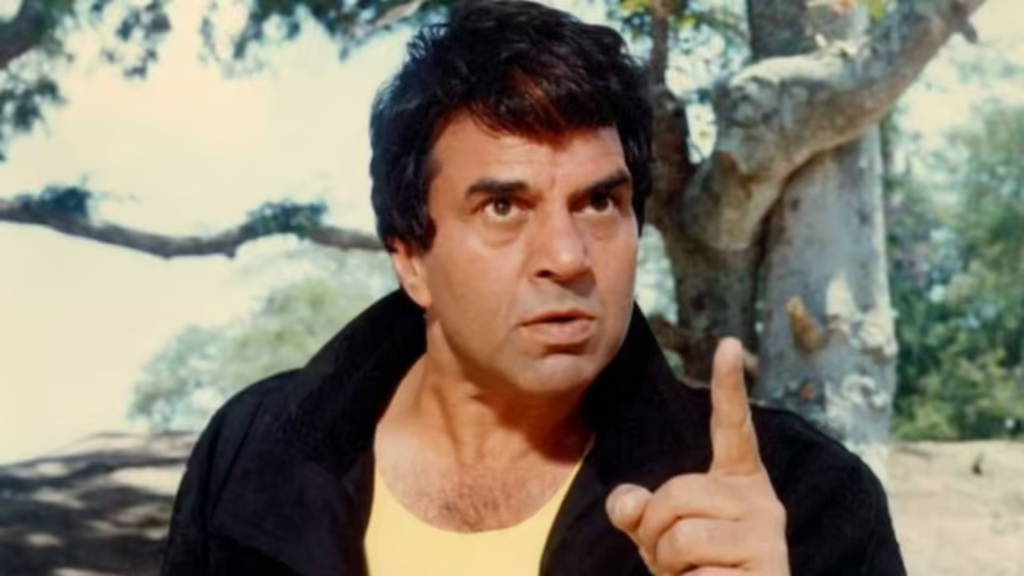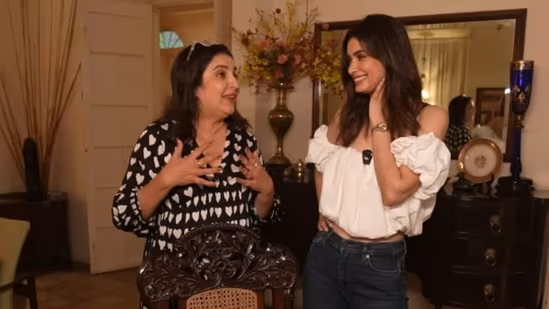Now Reading: Supreme Court Directs Comedians and Influencers to Apologise, Seeks Guidelines on Online Content
-
01
Supreme Court Directs Comedians and Influencers to Apologise, Seeks Guidelines on Online Content
Supreme Court Directs Comedians and Influencers to Apologise, Seeks Guidelines on Online Content

The Supreme Court has directed comedian Samay Raina and influencer Ranveer Allahbadia, along with four others, to issue public apologies for making remarks that mocked people with disabilities. The court also asked the central government to frame clear guidelines to regulate digital content created by comedians and influencers. The decision has sparked discussions around freedom of expression, accountability, and the fine balance between humor and sensitivity in online spaces.
The case gained attention after disability rights activists raised concerns about jokes that were offensive and discriminatory. While comedians often defend their content as satire or creative expression, the court highlighted that humor cannot come at the cost of dignity for marginalized groups. This ruling underlines the judiciary’s stance that digital platforms must ensure responsible content in an era where social media reaches millions instantly.
For India’s Tier 2 cities, where online comedy and influencer culture are growing rapidly, the judgment holds particular importance. Many young creators in these regions look up to popular comedians and digital personalities as role models. The message is clear: while creativity is welcome, it must be exercised with sensitivity and respect.
Experts believe this move could push the government to introduce structured guidelines for digital content, balancing free speech with social responsibility. This might also set a precedent for how jokes, skits, and influencer content are regulated across platforms in the future.
The Supreme Court’s directive is not just about apologies—it signals a shift towards more accountability in the digital entertainment space. For creators and audiences alike, it emphasizes that humor should unite people, not alienate or hurt them.

























